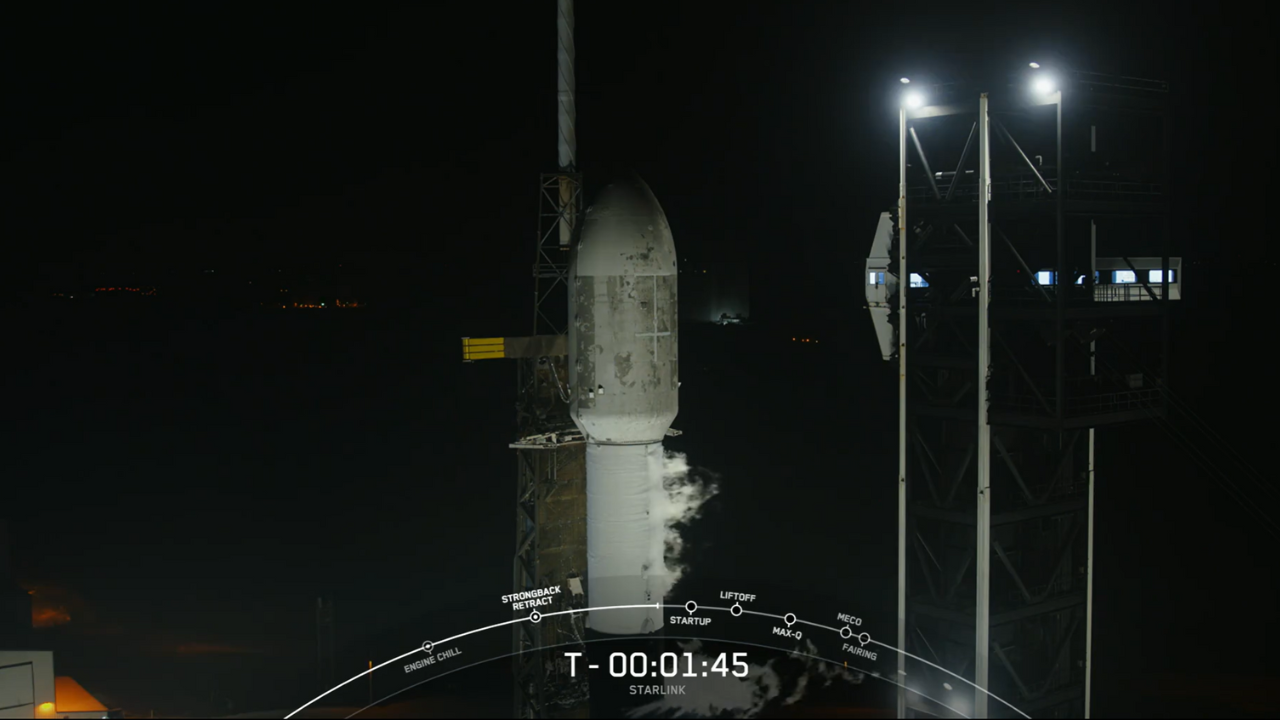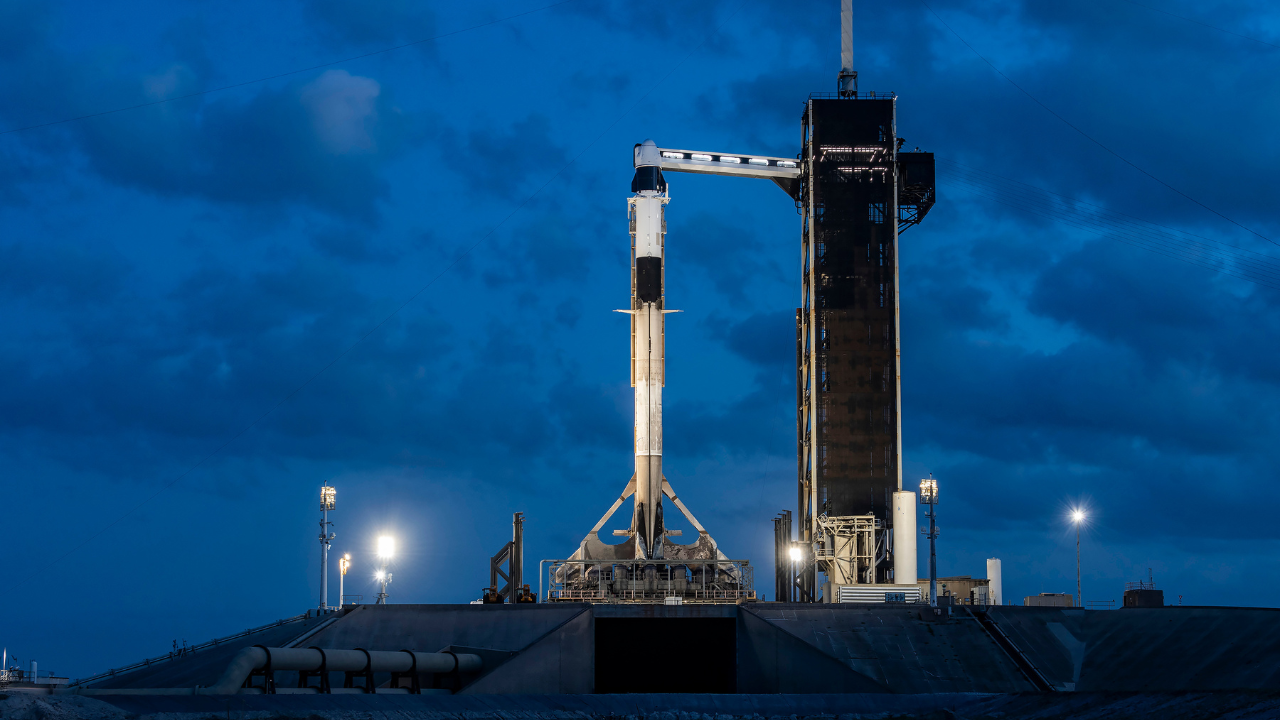The dream of spaceflight—a longing to be part of the cosmos—has captivated humanity for generations. Now, thanks to pioneering efforts by some companies, that dream is within reach for all of us. Imagine your loved one's ashes venturing into space, riding alongside a commercial or scientific satellite, and becoming part of a real space mission.
The moon is open for business
Sending ashes into space is no longer science fiction.
The Moon beckons, and two American companies lead the way:
Celestis: Offering memorial spaceflights starting at just a few thousand dollars.
Elysium Space: Providing a similar service for those seeking lunar interment.
In an era where traditional burial practices are being reconsidered, Celestis Memorial Spaceflights, based in Houston, is providing an alternative that's out of this world. For a sum of $13,000 or a monthly subscription fee of $99, the firm offers to send cremated remains to the moon in an aluminum capsule no larger than a lipstick tube. Since its first flight in 1997, which carried the remains of notable individuals including a Star Trek screenwriter and a German rocket engineer, Celestis has launched over 2,300 such capsules into orbit. The shift towards cremation in the US, with rates rising from 21% in the mid-1990s to 61% today, has undoubtedly contributed to the growing interest in
celestial memorials
.
Cultural controversies and space burials
However, this burgeoning industry faces opposition from cultural groups such as the Navajo Nation, who hold the moon sacred and consider death a taboo. Their leaders have engaged with the Biden administration seeking to halt these cosmic burials, fearing the desecration of a celestial body integral to their spiritual practices. Justin Ahasteen, head of the Navajo Washington office, draws a parallel with terrestrial conservation laws: “It’s illegal to dump in the Grand Canyon,” he argues, questioning why similar respect isn't extended to outer space.
Looking to the future
The concept of
Moon burials
introduces uncharted legal territory regarding the use of extraterrestrial bodies as burial sites. This issue reflects broader concerns about the commercialization of space, the cultural and sacred values associated with celestial bodies, and the international and national regulations governing space activities.
Furthermore, the Outer Space Treaty, which designates space as the "province of all mankind," fails to address the specific activities of private entities, underscoring the need for updated legal frameworks as commercial space ventures continue to expand.
As humanity extends its reach beyond Earth, the distinctions between cultural significance and commercial exploitation become blurred, prompting a reevaluation of our approach to space commercialization and the legacy we seek to leave in the cosmos.

 1 year ago
188
1 year ago
188




























 English (US)
English (US)